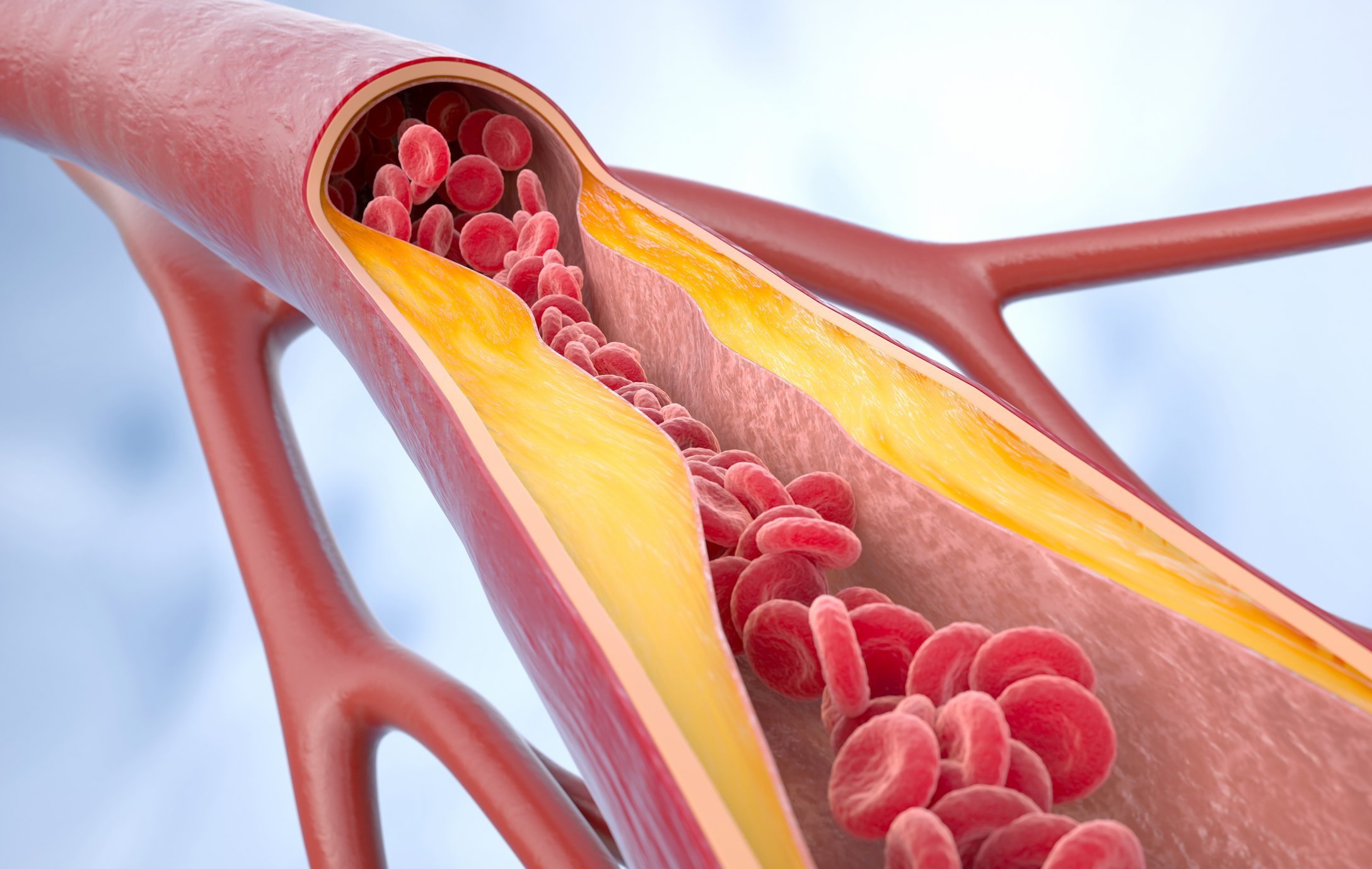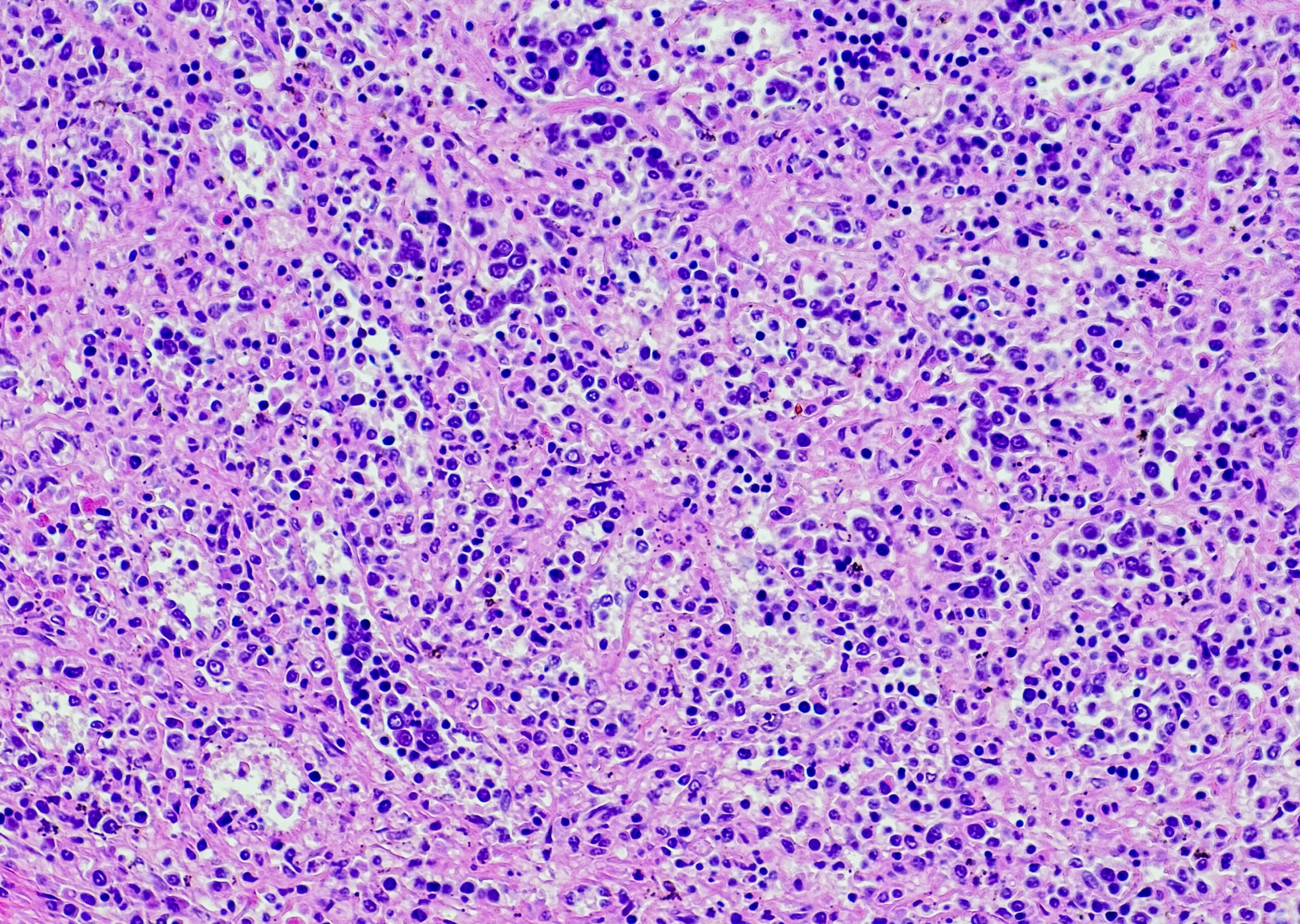Conditions unrelated to cancer complicate and delay the diagnosis of colorectal cancer – even if they do not cause similar symptoms.
The electronic medical records of a total of 4512 UK patients aged 40 years or older who had a new diagnosis of colorectal cancer between 2007 and 2009 were analyzed for the following conditions [1]:
- Length of diagnostic interval, i.e. time between first colorectal cancer symptoms and correct diagnosis.
- Comorbidities classified as either “competing medical concerns” (unrelated to colorectal cancer) or “alternative explanations” (having similar or the same symptoms as colorectal cancer).
The authors were interested in the association between the diagnostic interval on the one hand and the variables age, gender, number of consultations and comorbidities on the other.
Comorbidities prolong diagnosis interval
It was found that comorbidities had a decisive influence on the diagnosis. The number of both types of comorbidities was independently associated with a longer diagnostic interval.
If a single “alternative explanation” was available, the diagnosis was delayed by a total of nine days. Unsurprisingly, the longest delay was caused by inflammatory bowel disease, which was 26 days (95% CI 14-39). It took ten days longer for a “competing medical concern” and a full month for at least four. 72.9% of the 4512 patients had at least one such concern, and 31.3% had one or more “alternative explanations.”
Need for action
It’s not uncommon for doctor visits to become more frequent just before a cancer diagnosis, which would open up many opportunities to diagnose and address the disease early. Apparently, this opportunity is missed particularly often in comorbid patients, which may not be surprising on the one hand, as it makes the overall clinical picture more complex. On the other hand, many malignancies occur at an age when other diseases are already present, so that this is a completely normal group from everyday clinical practice and not special cases.
Comorbidities had the clearest influence on the diagnosis of elderly patients, i.e., those over 80 years of age. The authors consider the delays to be clinically significant and therefore see a need for strategies to improve diagnosis and reduce time to diagnosis in these affected individuals. In principle, a lot would probably be done with closer adherence to screening recommendations in some age groups.
The study cannot answer whether the later diagnosis actually had a negative effect on prognosis. However, the rest of the study evidence is in favor. The authors suggest that in some cases tumor progression and acute complications occurred that could have been prevented with earlier diagnosis. In other cases, the delayed diagnosis has a less significant effect.
Earlier diagnosis would be possible
Probably not least due to the delays mentioned above, internationally about 20% of all colorectal carcinomas are diagnosed only after a corresponding visit to the emergency department. Also, but not only in these patients, an earlier diagnosis would have been quite realistic, this is shown by another, somewhat older cohort study [2].
Information was collected from registry and primary care provider data from a total of 1606 patients (1029 colon and 577 rectal cancers, respectively), from before cancer diagnosis. This showed that the 35% and 15% of carcinoma patients who had been diagnosed in the course of an emergency admission had a comparable consultation “history” two to five years beforehand as those patients without a corresponding emergency admission. More than 95% had consulted their physician one year prior to diagnosis, although emergency patients overall were significantly less likely to have a history of relevant or actual alarm symptoms such as rectal bleeding. Nevertheless, in as many as one-fifth, these were already present one year before diagnosis and visit to the emergency department (18% in colon cancer and 23% in rectal cancer patients). In all patients studied, the number of visits to the physician had increased significantly in the months preceding diagnosis.
The data suggest that patients without and with subsequent emergency complications had a similar history or contact with the medical system, and at least one-fifth of all emergencies could have been prevented by earlier diagnosis. In view of the similar consultation patterns, socioeconomic factors and barriers such as deprivation, poverty and poor insurance are likely to play less of a role overall, but rather inherent medical factors such as inadequate or incorrect screening (here, of course, socioeconomic parameters come into play again), unsystematic/delayed diagnostic procedures, diffuse symptom complexes or masking by comorbidities. For example, advanced age actually increased the likelihood of delayed diagnosis in the emergency department: one was significantly more common in patients older than 80 years in the study.
Literature:
- Mounce LTA, et al: Comorbid conditions delay diagnosis of colorectal cancer: a cohort study using electronic primary care records. British Journal of Cancer 2017; 116: 1536-1543.
- Renzi C, et al: Do colorectal cancer patients diagnosed as an emergency differ from non-emergency patients in their consultation patterns and symptoms? A longitudinal data-linkage study in England. Br J Cancer 2016 Sep 27; 115(7): 866-875.
InFo ONCOLOGY & HEMATOLOGY 2017; 5(6): 4.











